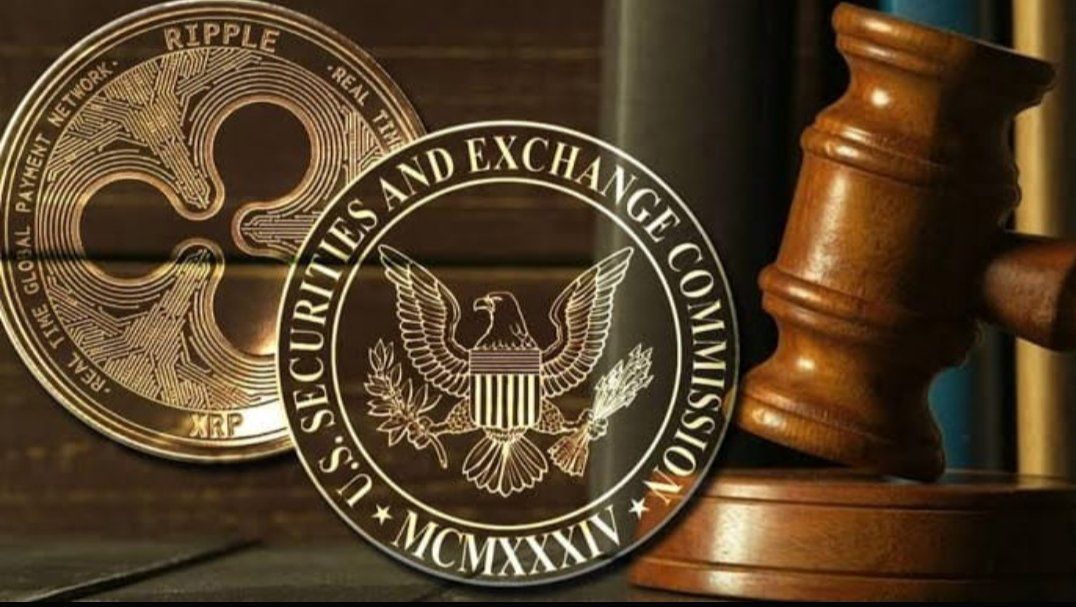The Story of XRP Army and the reason why they keep Fighting...

Brad Kimes is a professional drummer. For 30 years he played in various bands -- rock, funk, blues, R&B, you name it. Between gigs, he worked as an aspiring entrepreneur, and he invented a baby playpen that you could use on the beach. He found suppliers in China. Kimes soon became a global importer, and to make cross-border payments, he was forced to use the clunky international banking system called "SWIFT."
SWIFT was not swift. It was slow and costly. "There's no tracking ID," says Kimes. "And when the payment gets there six days later, you find out there's a currency manipulation that had taken place. And you have to pay difference."
Was there a better solution?
Enter crypto.
This is a common "origin story" in the crypto space. I've heard many like it. Someone tries to do something simple with traditional finance, it's a headache, they get frustrated, and then the lightbulb goes on and they say, "Then I discovered bitcoin."
But Kimes had already discovered bitcoin. That didn't strike him as the right solution. Instead he found something else, something newer, something he believed to be cheaper and faster and more efficient.
Created largely by the team that co-founded Ripple, and originally envisioned by Jed McCaleb as "bitcoin without mining," XRP has banks and corporations and the financial system in mind. I If bitcoin's unofficial motto is "be your own bank," XRP's is the less inspirational "let's improve the banks.” Ripple is at odds with much of crypto's prevailing ideology. For years, it has been dismissed, overlooked, or outright scorned by much of the space.
"The technology works. It does what it says it can do," says Kimes. After doing more research, he believed that XRP could be the hot knife that cuts through all the buttery layers of banking red tape. And it doesn't require energy-guzzling Proof-of-Work mining. "Bitcoin can solve that problem for a lot more money," says Kimes, who clarifies that he has no ill-will towards bitcoin, as it "showed us all what's possible," and considers it to be an important stepping- stone technology, like the pager or the early flip phones. But the way Kimes sees it, "None of us are using the first cell phone anymore."
Kimes is a central player in the XRP community, aka the "XRP Army." This is an Army that much of crypto loves to hate. XRP has long been mocked for not being a "real" cryptocurrency project, because (claim the critics) it's not truly decentralized, and that Ripple Labs owns a large chunk of the 100 billion XRP in circulation, which it continues to sell on a set schedule on secondary markets. (XRP supporters counter that the "too centralized" charge might have once been true, but it's not anymore and that Ripple controls only a tiny fraction of the XRP Ledger.)
The XRP Army, to outsiders, is known mostly for its flaying of Ripple critics, for protestation about FUD, and celebration of price pumps. The Army sometimes makes menacing and vaguely threatening tweets like "Ignore Ripple and XRP at your own risk."
This has been the case for years. XRP Army is such a force that in 2018, CoinDesk included it on the annual list of crypto's Most Influential. "The XRP Army distinguishes itself mainly through scale and organization," David Floyd wrote for the site in 2018. “Question another coin's merits, and a handful of trolls might come out of the woodwork. But measured by volume, intensity, duration and consistency, the attack will pale in comparison to an XRP Army operation."
25 comments